12 children in 26 years due to illiteracy and poverty
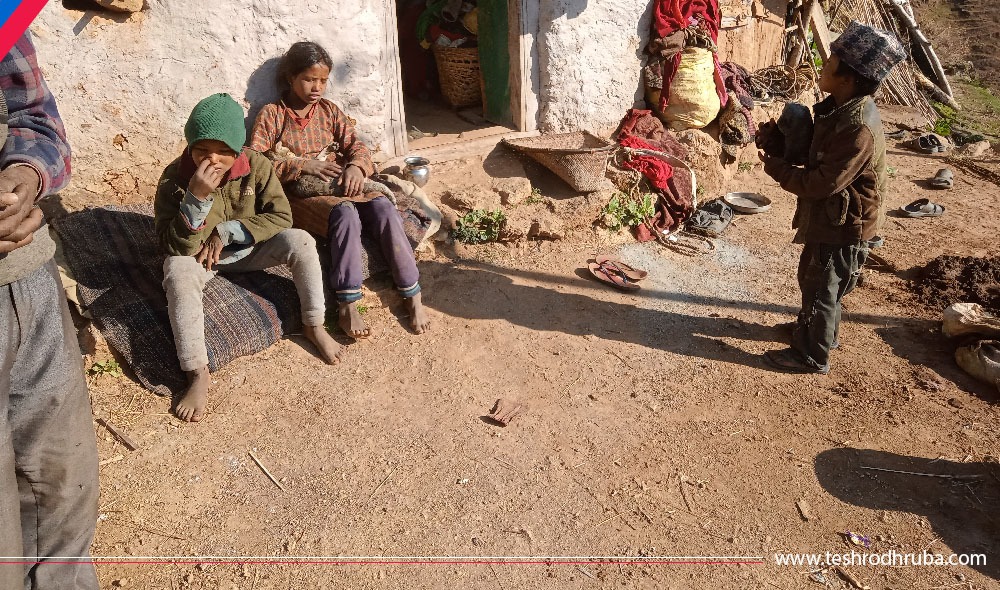
by, Bhumiraj Pithatoli
15 Baisakh, Bajhang. About one kilometer away from township. A hut in the lap of a high hill. A family of seven lives in it. There are more than one and a half dozen godowns around. It was attached to the hut.
Everything from clothes, furniture to firewood is scattered in the yard. This is the chaotic scene, Khaptadchanna Rural Municipality-7 Gorkhali Khandanda.
It has been a decade since Vittu Khadka’s family has lived in Khandanda. Father’s narrow house was not built after the four brothers fled to Chirapani (a village familiar to the family), so Vittu’s family built a shed in the open space. Despite being away from the township, they have been adding small fields (land) by digging.
In the initial days, due to the small children, Khadka living at home did not have so much trouble in raising the family. As the children grew up, a mountain of problems stood before their eyes. After a long time the power of the Khadka couple to take care of the surviving children was disappearing. Children were deprived of education. He passed through mud, dust, malnutrition and reached adolescence.
12 children in a span of 26 years, a feast after the birth of a son
Vittu’s wife Belu Khadka is 40 years old. Belu and Vittu, residents of Rajada in Kedarsyun Rural Municipality, were married in 2054. Now the Khadka couple have completed 26 years of married life. During this time Belu has given birth to 12 children.
Khadka’s first child was born in the second year of marriage (2055). The Khadkas were in dire straits after losing their child in less than three months. The second child was born before the next year. The second also disappeared in three-four months.
After losing their third, fourth and seventh children, they decided to leave the village. “You didn’t want to stay in the village because the villagers told you your life was over, you would be childless”, recalls Bhattu, “I wanted to leave the village without returning, but had nowhere to go.” Nor the cost of going. We cut out the extreme pain and stuck it there.’
Bhattu became disillusioned with life and turned to alcohol. Meanwhile, a daughter was born as the eighth child. Within a week of their daughter’s birth, they consulted a vaidya (herbal doctor) from Gadrai. Later the medicine of the doctor saved the first child. After the birth of two consecutive daughters, including the first, the people of the village started talking about not having a son. While going to the village, his son was born. To mark the birth of the son, Vittu gave a loan to the villagers and celebrated the Chaithi (birth festival) for a week.
As the children grew up, it became more and more difficult to stay at home. After that he built a shed in Khandanda and his youngest son Harak was also born in Khandanda.
Daughter’s admission in school in 12 years
Due to poor economic conditions and distance from the school, Khadka sent his children to school as soon as they entered adolescence. Milo has enrolled his subsequent children, including his daughter, in school even though the eldest daughter does not attend school.
Rira Khadka has a beautiful Bittu daughter. He was 14 years old. Now she studies in third standard. Vittu has enrolled 12-year-old daughter Jokala and 11-year-old son Deepak in a class. Harak, 9 years old, was not sent to school because of his young age.
Bhattu, on the other hand, says that due to poverty he could not even send any of his children to school. ‘All children go to school. He also likes to send his children to school. But there is no money to buy clothes, not even a pen and paper. He said that the children including his daughter are now preparing to give SEE. “We were not only betrayed by people, but also by God,” he said.
He said that now he does not have money to buy pens for his children. He said, ‘The school has made it mandatory to wear dress in the class while taking admission, otherwise they are not asked to come. However, I do not have dry money. We cover the body by bringing new clothes thrown by the villagers. Where to get new clothes!’
pain upon pain as the house burns down
Khadka’s house in Khandanda caught fire three years ago. After the fire started, there was no way to extinguish it. ‘The House on the Hill. Mud was the only option to extinguish, crying water. Liquor was brought from a kilometer away. By the time two-four neighbors brought water in small pitchers, it had turned to ashes. Khadka remembers.
There were three goats in Khadka’s barn. The goat along with the house was completely burnt to ashes. Belu said, ‘We fainted. The villagers came and did not allow the fire to spread. They get extinguished with mud. On seeing later, everything is destroyed except the skull of the goat. Later, it was raised that the village should be paid.’ He said, ‘It was too late.’
She said that there was no box in the house and she could not save the essentials. “There was no box, the Rs 12,000 we collected from wages we put on the wall of the terrace,” Belu says, “four-five blankets we had just bought, loads of new clothes for everyone, The two sacks of rice and wheat that we had brought were destroyed without even touching them.’ She said that she has not been able to buy clothes for anyone since then.
According to Khadka, all the things kept in the house were burnt to ashes, in which property worth five and a half lakhs was burnt to ashes. Relatives helped with clothes, utensils and food for a few days. After that Vittu said that he used to buy bajra and paddy with the money he got from selling doka pulses while bringing nigalo from the lake. “We always bought millet when the price of millet was a bit cheaper. Since we are not able to buy anything, we have gone to the village and begged, till we survive,” he said.
He said that Mitri has been a sign of friendship since the time of Baje, so he used to take donations from the Brahmin community of Dhartiwada. There is a belief in the village that we should not eat charity given to Brahmins’, he said. But what to do, the sinful stomach does not agree. They say, take rice flour, we will bring it. It also removes the day of the week.’
10,000 spent again and again, 7,000 got relief
After the house caught fire, Vittu reached Khaptadchanna Rural Municipality several times for relief. It takes about 200 rupees for a jeep to reach the municipality from his house. He reached the municipality for the tenth time for relief. Vittu says, “It does not take much time to reach the municipality from home. Although I went several times, I never met the boss, never met the chairman, never said it was too late.’
Meanwhile, Bhittu spent eight thousand rupees. “The then president Kam Bahadur Rokaya said he would help,” he recalls, “I took a sum for him, saying I would get relief from my relatives.” But when will we get relief?’
On being called, Vittu asked a teacher to come to the municipality. ‘ After a long time he came with a relief of seven thousand rupees. Out of that two thousand rupees were given to the teacher as bribe. The remaining Rs 5,000 went to the relief house.
Bittu also blames his relatives for the delay and shortfall in government relief expenditure. Acquaintances have told the bad news that he had come to seek relief from drinking. “I got little relief from the expenses because no one knew me in the municipality,” he said.
He says he will never forget the virtue of supporting an organization in the name of relief. He said that the organization Rural Swavalamban Vikas Kendra (RSDC) provided some relief including clothes, utensils, food after the house was burnt and helped him learn skills, so he built this small house.
Caring for a quadruped that pleases the villagers
He came to Khandanda because he did not have land to work. He dug the land in Khandanda and now the field is spreading. The grain produced there is not enough to eat for a month. There is no water in the mountains, there is no manure. And what will be the output? I have made gara (samthar bari) so that it can be used,’ he says.
Now there are one and a half dozen cows and bulls in Bhittu’s cowshed. Vittu says, “When the cows do not give milk, the villagers bring them here saying that there is no one to look after them. Them. To please them, I have tied them to the barn saying that manure can also be increased.
They say that everyone’s children go to school in the village and their children graze on the things left by the villagers.
He says there is no one to take care of the bull in the house, the kids go to school. Showing that trouble, the cows and bulls come straight here. Sometimes the help of rice and flour should be taken from them. I am keeping it,” he said. Not only the bull but also a horse a relative has left, he added.






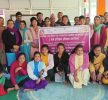

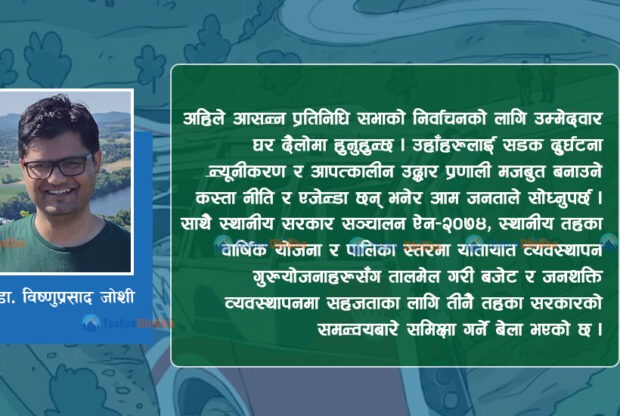
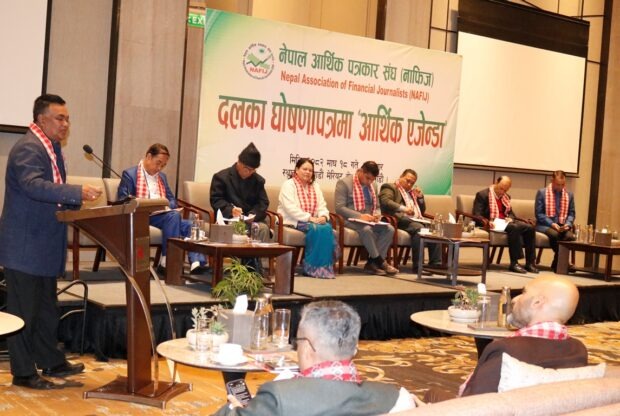
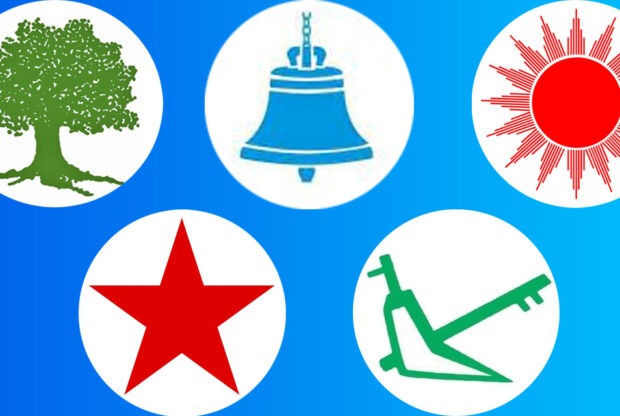
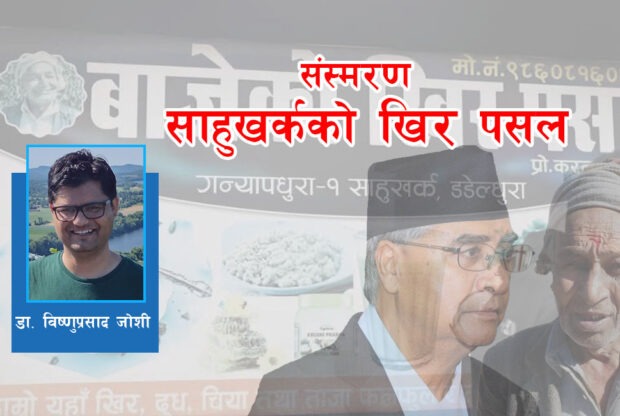
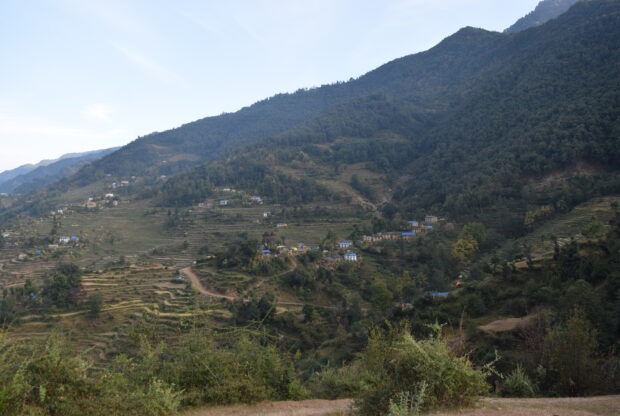
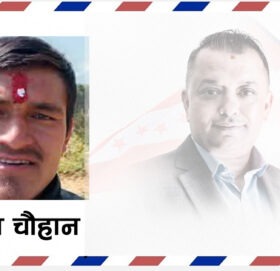
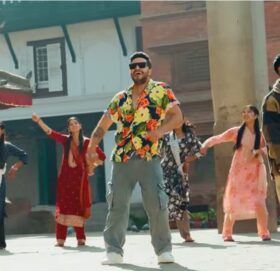
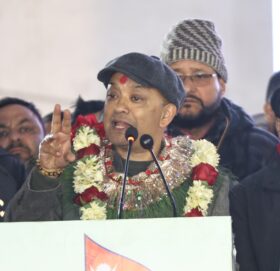
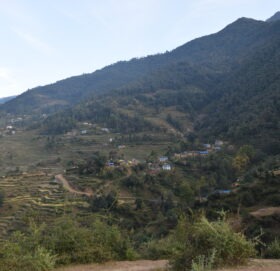
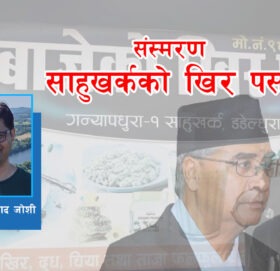





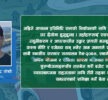
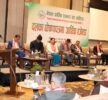


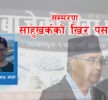




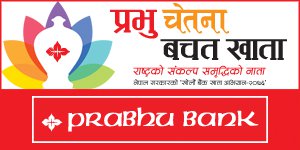




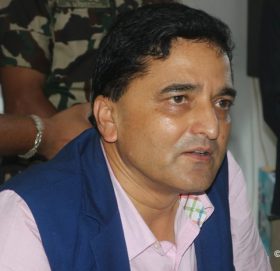

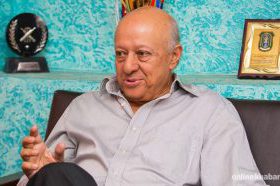
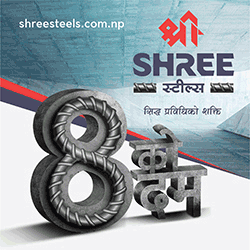

फेसबुक प्रतिक्रियाहरु